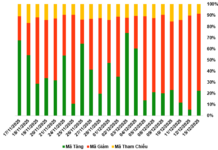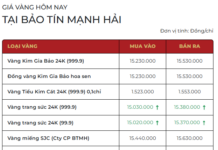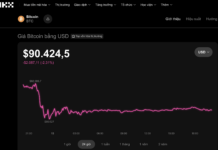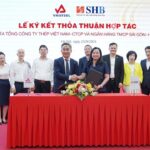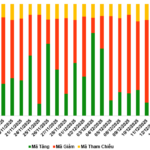“OCB’s Proposals for Economic Growth: Seeking Support for Sustainable Development”
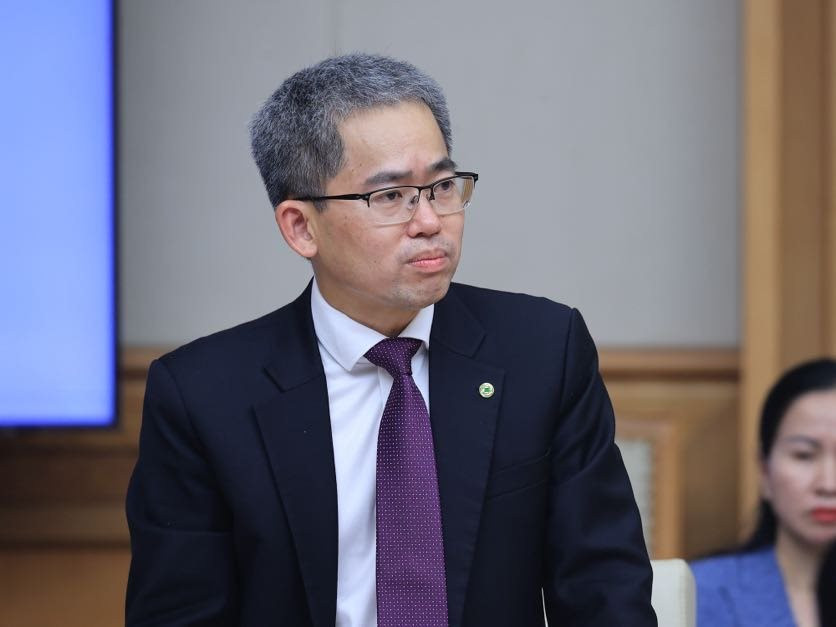
Mr. Phạm Hồng Hải, CEO of OCB
At the Conference of the Government with Joint-Stock Commercial Banks on solutions to contribute to the country’s socio-economic development, on September 21st, the leadership of the Orient Commercial Joint Stock Bank (OCB) made several proposals.
Mr. Phạm Hồng Hải, CEO of OCB, acknowledged the outstanding performance of the State Bank of Vietnam over the past eight months in its proactive, flexible, and effective monetary policy management. The close coordination between monetary and fiscal policies has supported economic growth while controlling inflation and maintaining macroeconomic stability.
“We are hopeful that the State Bank will continue to implement supportive measures, especially in reducing OMO and operating interest rates,” said the OCB leader at the Conference.
OCB’s management also highlighted the challenges and difficulties they are facing, which hinder not only their business efficiency but also their sustainable development. Therefore, they put forward a specific proposal for the State Bank and relevant ministries to address these issues.
Firstly, they suggested that the State Bank consider a more flexible approach to credit limit management, especially for well-evaluated banks. Credit limits should only be applied to banks requiring tight control by the State Bank.
Secondly, the government and the State Bank should create a mechanism for stronger debt handling, similar to Resolution 42, to facilitate banks in seizing and processing secured assets. OCB also wishes for a unified legal corridor regarding the transfer of secured assets, particularly real estate, to banks, making it easier to handle bad debts. Currently, this regulation is not uniformly applied across localities, causing difficulties for banks in asset disposal.
Thirdly, there is a need to untangle policy mechanisms and procedural bottlenecks, especially for real estate projects. Once these obstacles are removed, supply will improve, boosting the real estate market and creating a positive sentiment for investment and consumption. For instance, the unresolved land price framework prevents enterprises from fulfilling their tax obligations on land-use right transfers and obtaining land-use right certificates.
“The Role of Private Sector Participation in Vietnam’s Infrastructure Projects on its Path to Becoming a Dragon Economy by 2045”
“At a time when ambitious development goals demand extensive resources, attracting private investment is crucial to alleviating the burden on the public sector. This strategy plays a pivotal role in addressing the pressing need for infrastructure investment, notably in transportation. By doing so, we can enhance the country’s economic competitiveness and improve the quality of life for its citizens.”
The Great Import Surge: Manufacturing Accelerates
The $250 billion spent on importing goods, mostly machinery and equipment, is a testament to the robust recovery of our nation’s manufacturing sector.

